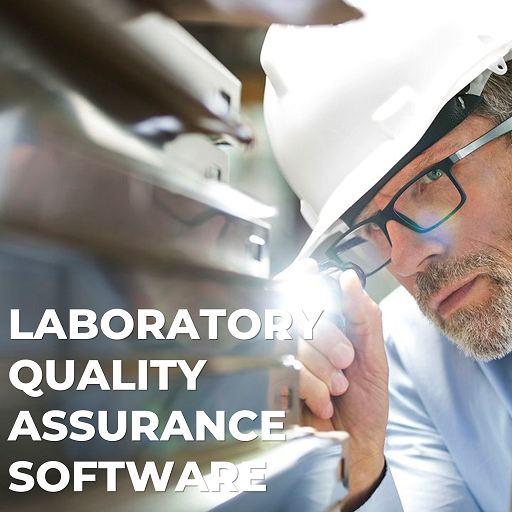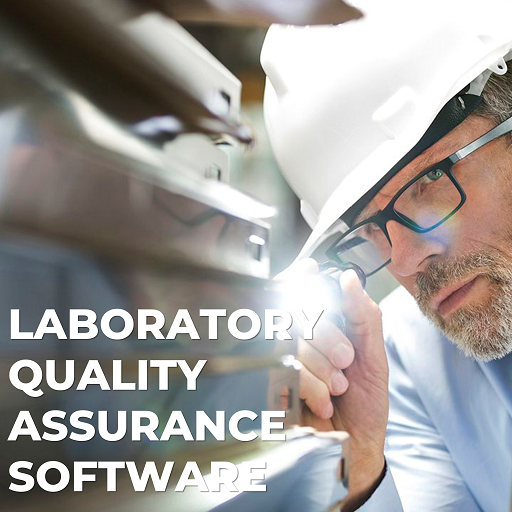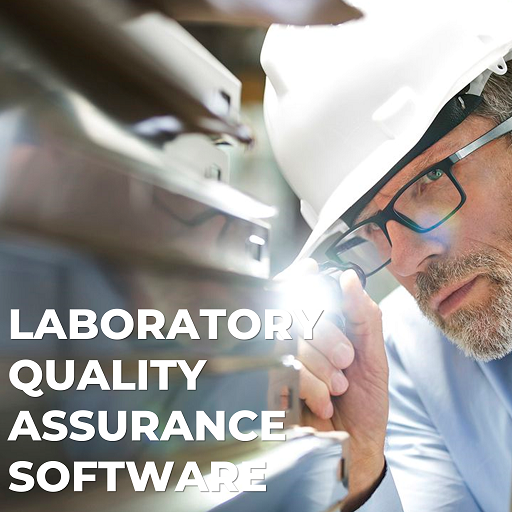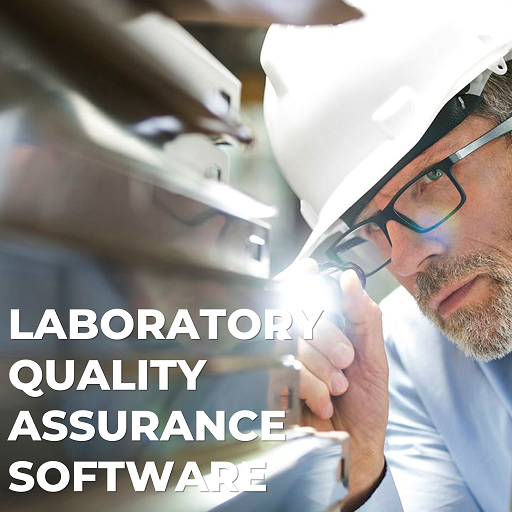What Is Quality Control Software and Why Does Your Lab Need It? Introduction In laboratories where accuracy, compliance, and efficiency matter most, manual quality checks often create bottlenecks and errors. That’s why more organizations are turning to Quality Control Software to streamline testing, automate checks, and ensure consistent outcomes. Understanding what is quality control software…
What Is LIMS QC Software and How Does It Work? Introduction In industries where precision and compliance are critical, laboratories need robust systems to manage testing, data, and quality processes. Relying on spreadsheets or paper-based methods often leads to errors, delays, and compliance challenges. That’s why many organizations now rely on LIMS QC Software. It…
How to Train Your Team on New Quality Lab Software Introduction Adopting quality laboratory software can transform your lab’s productivity, accuracy, and compliance. However, to achieve these benefits, your team must be well-trained and confident in using the system. Without proper training, even the best software may cause confusion, delays, and errors. That’s why a…
Ensuring Compliance in Environmental and Water Testing Labs Introduction In today’s regulatory climate, environmental water testing compliance has become a critical pillar for laboratories. As governments enforce stricter regulations to protect public health and ecosystems, labs must ensure their processes meet both national and international standards. This not only builds trust with stakeholders but also…
Laboratories face increasing pressure to deliver accurate results while keeping costs low. That’s where smart Lab Quality Maintenance Strategies come in. These approaches not only preserve precision but also help labs remain efficient, compliant, and competitive in their industry. Cost-Effective Strategies for Maintaining Lab Quality Standards 1. Standardize Procedures Across All Tests Without standardization, variability…
In industries like pharmaceuticals, biotechnology, and manufacturing, maintaining consistent quality and compliance is critical. The intelligent deviation control has become a game-changer, providing organizations with the tools they need to effectively track and resolve deviations in real time. Intelligent Deviation Control: Enhanced Quality Management What is Intelligent Deviation Control? Intelligent deviation control refers to software…
In today’s regulated lab environments, lab data traceability has become a non-negotiable aspect of quality and compliance. Regulatory bodies like the FDA, EMA, and ISO demand that laboratories maintain complete, accurate, and accessible records of every action, test, and result. Without reliable data traceability, compliance risks increase significantly. Lab Data Traceability for Regulatory Compliance Data…
In regulated scientific and healthcare environments, compliance isn’t just a legal requirement—it’s a pillar of trust and credibility. GMP, GLP, and GCP in labs are internationally recognized standards designed to ensure quality, consistency, and safety across all laboratory operations. Understanding the distinctions and relationships between these guidelines is essential for building a strong quality assurance…
For laboratories involved in testing and calibration, achieving ISO 17025 compliance is not just a goal—it’s a necessity. This globally recognized standard defines the general requirements for the competence, impartiality, and consistent operation of labs, ensuring that results are accurate, repeatable, and accepted across borders. ISO 17025 Compliance: A Laboratory Guide to Get Started The…
Quality control (QC) is a fundamental aspect of laboratory operations, ensuring accuracy, reliability, and compliance with industry standards. The debate between digital vs. manual quality control has gained attention as labs seek more efficient ways to maintain high standards. While traditional manual QC relies on human intervention, digital solutions leverage automation and software to enhance…
- 1
- 2










